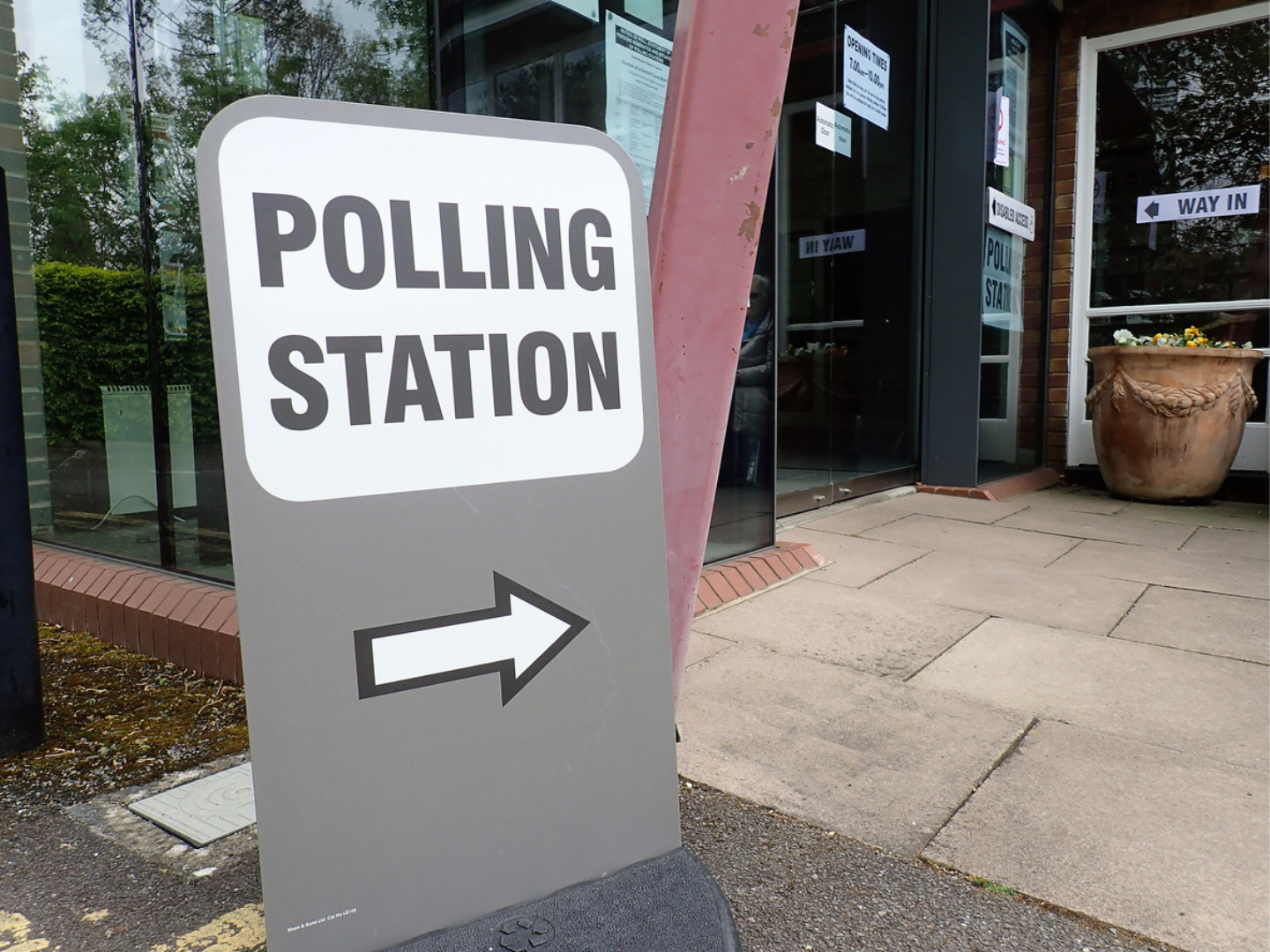Politics is a hot topic for the year ahead as 4 billion people worldwide prepare to go to the polls. So, what can we expect in the UK? CT Partner, Greg Campbell discusses.
We are in a bumper year for elections. Over half the world’s population – more than 4 billion people – are eligible to vote in their countries’ 2024 polls.
In the UK, will Labour’s opinion poll lead combined with tactical voting spell an end to 14 years of Conservative government? How will the mayoral elections in London and nine other English combined authorities work out? Will Sinn Fein’s strength in Ireland’s opinion polls bring them into government?
There are big questions across the globe too – can Biden hold off Trump for US President (seeing as there appears little prospect of other candidates gaining the Democrat and Republican nominations)? Will populism advance or retreat in the European Parliament? Will the ANC lose its parliamentary majority in South Africa? And with national elections in 14 other African countries, will there be discernible overall trends? Will Modi’s BJP retain its strength in India’s general election? And we have already witnessed the outcome of the Taiwanese presidential election, with the country opting to maintain its distance from China.
There is one election though with little doubt about the result: Russia’s presidential election is on 15 March.
UK election date
For the UK, the key question is when the general election will take place. The latest possible date is 28th January 2025. It’s unlikely to be pushed to the wire though. Politicians (and voters) don’t like winter elections – it would mean campaigning over the pre-Christmas and New Year period, and the weather is likely to be poor, affecting voter turnout.
So when might it be? The government hopes the economy is improving – certainly inflation has been reducing – but they are likely to want this to go further before heading to the polls. Budget Day is pencilled in for 8th March, so an income tax cut then by Chancellor Jeremy Hunt could be the prelude to a May election (despite Rishi Sunak’s downplaying of this option). If that happens, it will almost certainly be on 2nd May, the same day as the local elections – to maximise local elections turnout and avoid the danger of a potentially damaging result (akin to the 2023 council elections) ‘infecting’ the general election.
If it isn’t May, an election is fairly unlikely to be between June and September, when many people will be taking their summer holidays. So October is the other likely option, or November before the winter weather arrives, but perhaps after an Autumn Statement from the Chancellor that brings some further tax-cutting. My money is on late October/mid-November.
And when it does come to the general election, the other big issues to consider are (a) whether the levels of anti-Conservative tactical voting we’ve seen in recent by-elections and the local elections reflect a trend that will continue; (b) how much of a dent the Reform Party is liable to make in the Conservatives’ share of the vote; and (c) whether the Scottish National Party’s recent loss of support to Labour persists.
Housing – a vote-winner?
Turning to policy areas, it looks like housing will be a major area of focus in the election. Labour and the Liberal Democrats are putting such matters as homelessness, affordability, housebuilding, planning, and homeownership front and centre of their campaigns. The Conservatives have focused on planning policy changes, but can they afford not to respond on housing issues more broadly?
It is striking that the Conservatives, Labour and the Liberal Democrats are all promoting the target of building 300,000 (or more in the LDs’ case) new homes (across all tenures) a year. Which party, one may ask, is likely to be most credible in its approach to delivering that sort of number? It is a number that has not been hit in over 45 years, a time when local authorities built as many homes as private developers.
In any event, many people feel that a critical element in tackling housing supply, increasing homelessness and the surge in temporary accommodation costs, is the availability of additional targeted government funding. Similar concerns apply in such areas as social care and health. But with further spending cuts baked into future post-election government spending rounds from the Chancellor’s 2023 Autumn Statement, a central question is how much money will the next government – whoever wins the election – have available.
What about the economy?
Ultimately though, we can expect the economy – and how voters feel about their personal financial position – to be the critical factor. “It’s the economy, stupid” remains as true now as when Clinton strategist James Carville coined it 32 years ago. Or to go even further back to 1980, the key Ronald Reagan question “Are you better off than you were [four] years ago?”
It is still too early to judge definitively what will happen in the general election – regardless of the opinion polls, that is the only vote that matters. There is water to flow under the bridge and at the time of writing, we await two more parliamentary by-elections (Wellingborough and Kingswood) on 15 February. And there are always the unscripted, unanticipated issues and challenges that will arise – “Events, dear boy, events” as former Prime Minister Harold Macmillan is reputed to have said.
To discuss any issues raised in this blog, please contact CT Partner Greg Campbell.



